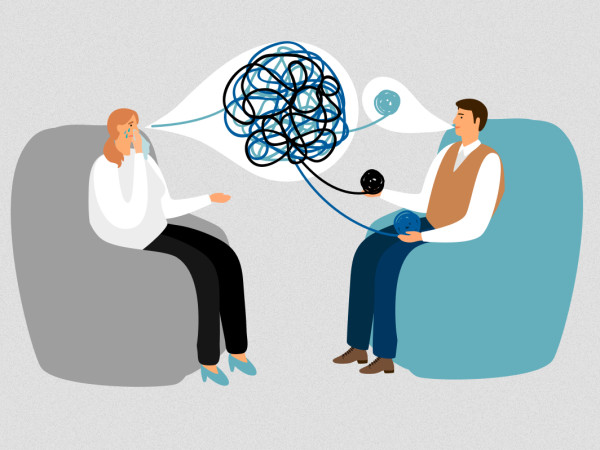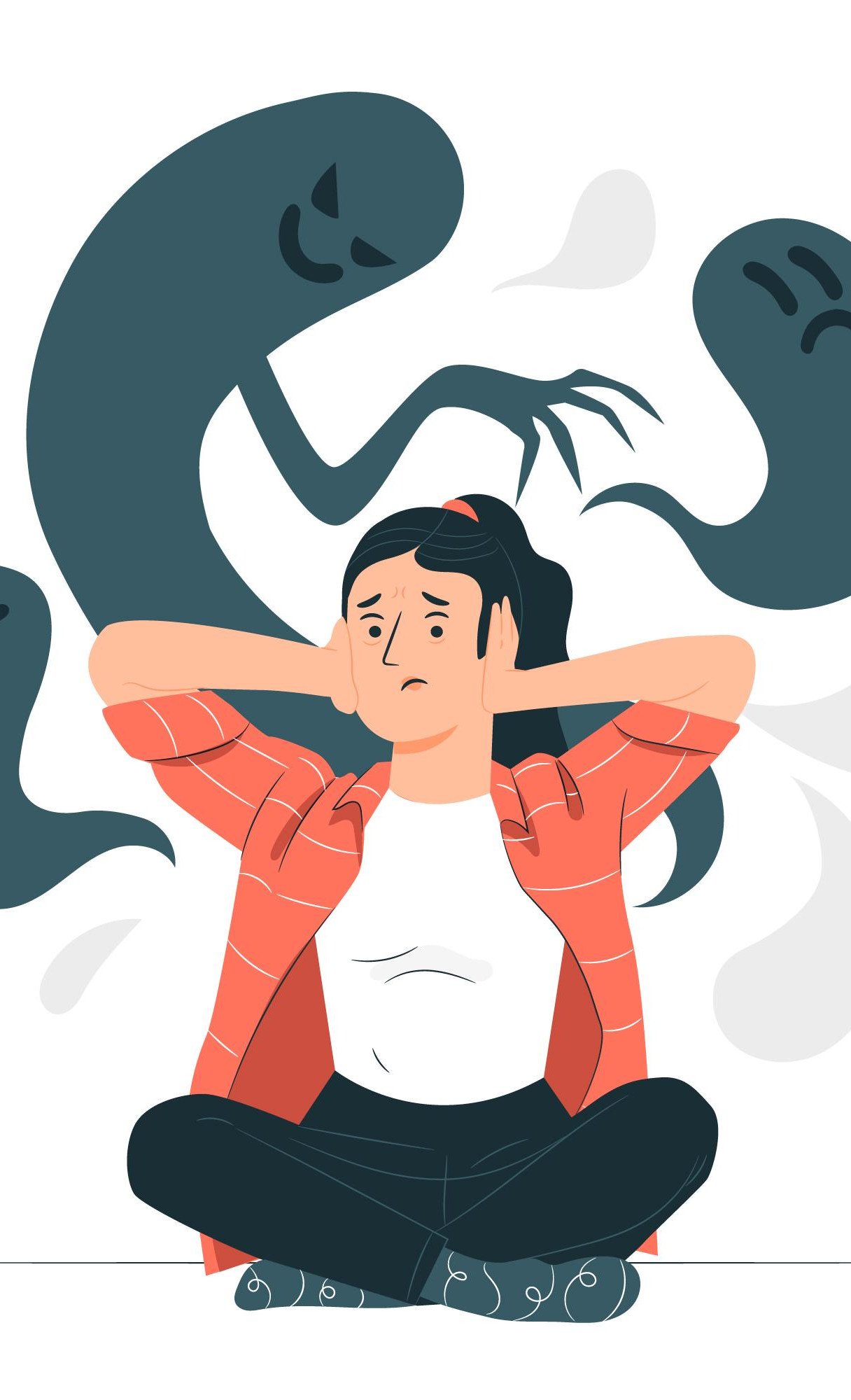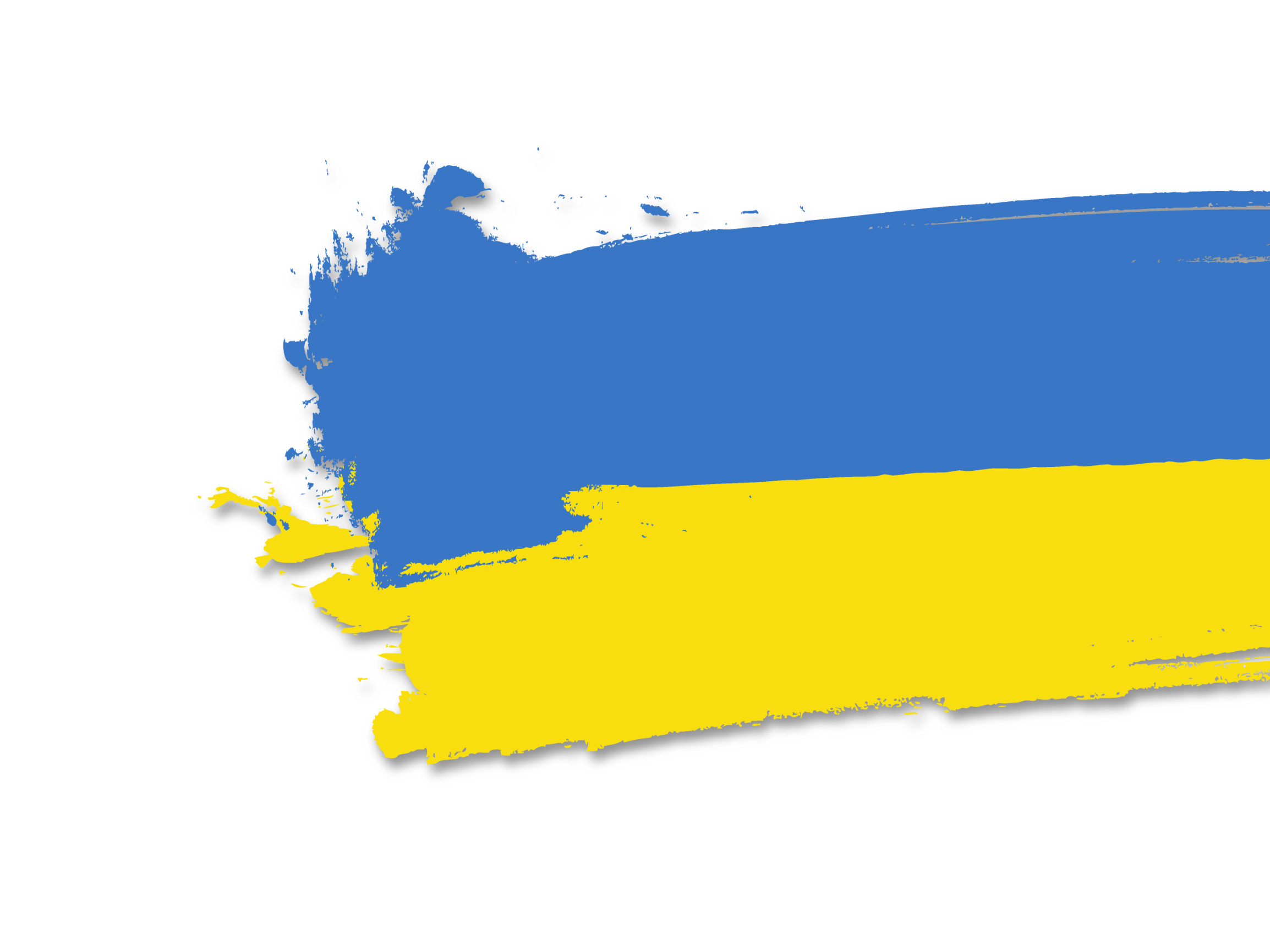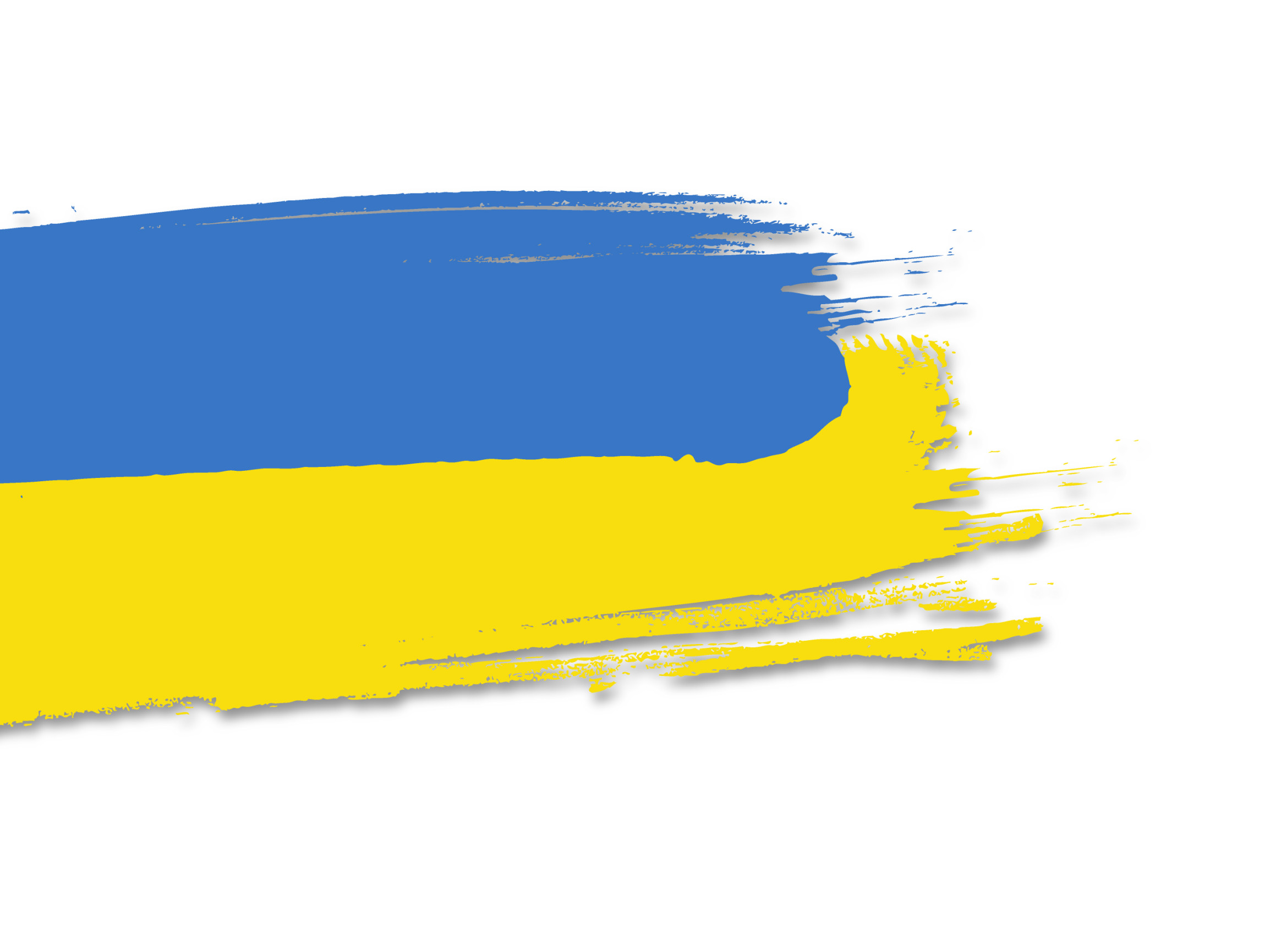War is a hard time that is difficult to live out, especially psychologically.
But this is a time when you need to stay calm, find the strength to help others and yourself, save lives and win. The siren “Attention everyone! Air alarm!” before our eyes are constant news about the explosions, casualties, victories of our Armed Forces of Ukraine, on the other hand, the unshakable faith in our victory and peace is alive in our souls.
How to survive the war? How to cope with stress and stay calm? Where to look for psychological support and help? Read more in the article on the tips of a psychologist during the war.
How to live further? Tune in to a bright future
Unfortunately, we cannot determine and predict a specific date for the end of the war and victory. But we believe in victory, and we know what it will be.
And it is faith that helps us move forward and win.
Faith also needs support. And for this, each of us can take a few steps that psychologists recommend:
- pray if you are a believer because it gives hope and support;
- dream and plan what you will do first after the victory;
- visualize and imagine the peaceful future of Ukraine;
- rejoice in the proven facts about the victories and successes of the Armed Forces, volunteers, people who work on different fronts to help Ukraine win;
- support others and allow others to support you;
- give yourself the attitude to victory, using the phrases “we will win”, “after the victory”;
- allow yourself to be angry with the enemy and feel grateful to the defenders;
- get involved in volunteering and helping others because it unites, inspires and inspires even greater faith in victory.

Psychological assistance during the war
In addition to our advice, we recommend reading and using the advice of a psychologist during the war to make it easier to survive this difficult time and win.
We share the resources of psychological support:
- “Psychological support” is a telegram channel with useful tips for maintaining and improving mental health.
- “Friend. First aid” is a psychological aid bot that helps to cope with a traumatic situation in the first hours after its occurrence. Developed by the team of the Institute of Cognitive Modeling in collaboration with the Department of Medical Psychology, Psychosomatic Medicine and Psychotherapy, and specialists of the project “Friend”.
- “Tell Me” is a free platform that works around the clock. After leaving the application, the moderators analyze the complaint and select a specialist who can help you.
- Psychological support from Teenergizer - free online consultations from psychologists for teenagers who provide professional help in solving various issues of concern to young people.
- Hub Resistance Crisis Service provides support to Ukrainians who are experiencing the challenges and consequences of war. The purpose of psychological counselling is to minimize the stress of wartime.
- Psychological First Aid is a course of first psychological help from Coursera, which became free for Ukrainians. This course teaches to provide first aid to people in emergencies using the RAPID model: reflective listening needs assessment, prioritization, intervention and disposition. The course is designed for five weeks: each module contains video simulations of emergency psychological assistance to people in crises.











